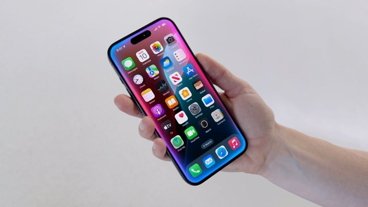Developers in South Korea are decrying the iOS App Store's refund policy, saying that they are spending an inordinate amount of time cracking down on customers who have claimed to need a refund for an app's purchase by minors, yet are still consuming resources.
Several developers are pointing to a rash of app refunds that are causing problems economically and with fair game play, under Apple's state-ordered policy on refunding users with multiple instances of charged content, like expensive consumables.
"By analyzing all payment data and logs, we have tracked down about 300 users who are suspected of abusing App Store's refund policy," game developer Flint's CEO Kim Young-mo told the Korea Times. "We pledge to root out the abusers by requesting the judicial authorities for an investigation."
Some of the developers have requested Apple's assistance in cracking down. Apple does not provide information on people who demand refunds, and the company acts on the requests without consulting developers.
Additionally, the Korea Times claims that there are profitable businesses who will file the refund process for customers, and take a percentage of the refund.
"We are regulating those who abuse the payment process and damage other users under our management policy," Korean developer Next Floor said. "Unlike other application stores, Apple does not provide refund information to the game companies and we are having difficulties in promptly counteracting the problem."
In 2014, South Korea's Fair Trade Commission ordered Apple to make changes to the iOS App Store policy to allow for post-purchase refunds.
As a result, Apple now decides on a case-by-case basis if a user who requests a refund on an app or in-app purchase will get it granted. Appeals to Apple are generally processed within a week, with reports suggesting that multiple, expensive in-app purchases being weighed heavier than a simple one-time app purchase.
 Mike Wuerthele
Mike Wuerthele








 AppleInsider Staff
AppleInsider Staff
 Christine McKee
Christine McKee





 William Gallagher
William Gallagher









5 Comments
Even as a fellow app developer I have zero sympathy for this company. Let me guess. They intentionally made a game as addictive as possible to coerce customers into wasting large amounts of money on in-game purchases and then complain when they try to wriggle out of their huge credit card bill? Cry me a river.
Only in Korea! B)
Don't make a product that sucks and people won't want a refund.